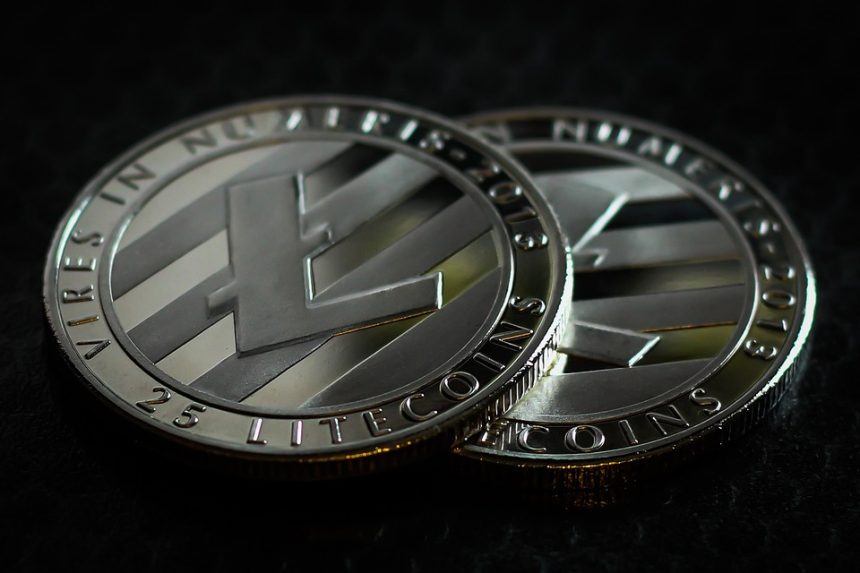In recent years, Decentralized Finance (DeFi) has emerged as a revolutionary force in the financial sector, promising to reshape how investors manage, trade, and grow their assets. This innovative financial ecosystem leverages blockchain technology to offer a myriad of financial services, from lending and borrowing to trading and insurance, without the need for traditional intermediaries like banks and brokerages. The potential of DeFi to disrupt traditional investment strategies is vast, and as the landscape continues to evolve, investors are reconsidering their approaches to wealth management.
Understanding DeFi
DeFi encompasses a range of financial applications built on blockchain networks, predominantly Ethereum, that aim to provide open and permissionless access to financial services. By removing intermediaries, DeFi platforms allow users to directly participate in financial activities, creating a more transparent, efficient, and inclusive ecosystem. Key components of DeFi include decentralized exchanges (DEXs), automated market makers (AMMs), lending protocols, yield farming, and stablecoins.
Efficiency and Accessibility
One of the defining characteristics of DeFi is its ability to eliminate inefficiencies prevalent in traditional finance. Traditional financial systems often involve slow processes, high fees, and limited access, particularly for those in underserved regions. In contrast, DeFi platforms operate 24/7, providing instantaneous transactions, often at a fraction of the cost of conventional services.
This efficiency extends to investment strategies as well. Investors can gain exposure to various financial products without needing multiple intermediaries, enabling seamless access to global markets. DeFi democratizes investment opportunities, allowing anyone with an internet connection to participate, thus fostering financial inclusion.
Enhanced Yield Opportunities
DeFi has introduced innovative investment vehicles that promise higher yield opportunities compared to traditional markets. Products like liquidity pools and yield farming allow investors to earn returns by providing liquidity to decentralized exchanges or lending their assets. These alternatives often yield returns that surpass those typically available through traditional savings accounts or fixed-income products.
For example, while traditional savings accounts may offer interest rates of 0.01% to 1%, yield farm participants can earn double-digit returns by strategically allocating their capital within the DeFi ecosystem. This appealing prospect has attracted both individual and institutional investors, challenging the conventional wisdom that traditionally safe assets yield low returns.
Risk Management and Diversification
While DeFi offers numerous opportunities, it also comes with distinct risks. Smart contract vulnerabilities, regulatory uncertainties, and market volatility are prominent concerns for investors. However, it is this juxtaposition of risk and reward that encourages innovation in risk management strategies.
DeFi protocols are being developed to address these concerns and provide more robust risk management solutions. For example, decentralized insurance platforms aim to protect investors against smart contract failures and other potential losses. Such solutions can help investors navigate the risks associated with new asset classes, enabling them to diversify their portfolios without the conventional vulnerabilities.
Impact on Asset Management
The emergence of DeFi tools is reshaping asset management strategies. Traditional investment managers often rely on high fees and complex structures to deliver their services. Conversely, DeFi provides automated solutions that lower costs and improve efficiency. Robo-advisors and decentralized hedge funds are emerging, utilizing algorithms to optimize investment portfolios based on real-time data.
Moreover, the transparent nature of DeFi allows investors to trace their asset allocations and understand the underlying mechanics of their investments more clearly. This level of transparency builds trust and enables better-informed decision-making—qualities that can seem elusive in traditional finance.
Challenges and the Road Ahead
Despite the numerous advantages, DeFi is not without its challenges. Regulatory scrutiny is intensifying, and the evolving landscape raises questions about compliance and legal frameworks. Additionally, the potential for fraud or hacking incidents poses risks that could undermine trust in DeFi protocols.
Furthermore, the environmental impact of blockchain technologies, especially those reliant on proof-of-work consensus mechanisms, raises sustainability concerns. The DeFi community must address these issues to ensure longevity and efficacy.
Conclusion
As the DeFi ecosystem continues to mature, its potential to disrupt traditional investment strategies becomes increasingly apparent. With enhanced efficiency, improved accessibility, attractive yields, and innovative approaches to risk management, DeFi is positioning itself as a formidable alternative to conventional finance.
Investors must remain agile, embracing the emerging opportunities while being mindful of the inherent risks. The convergence of traditional finance and DeFi may pave the way for a more inclusive and efficient financial landscape, where innovation is at the forefront, and every individual has the chance to participate in wealth creation. As we expand our understanding of this evolving space, one thing is clear: the future of investing has arrived, and it is decentralized.





